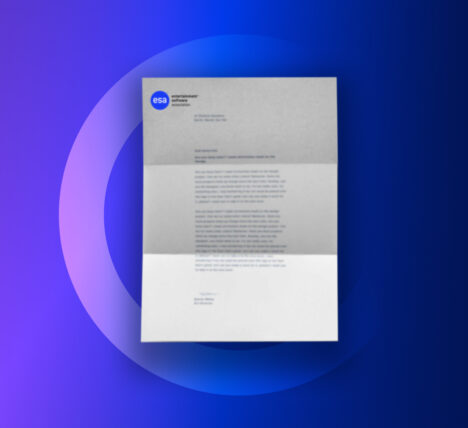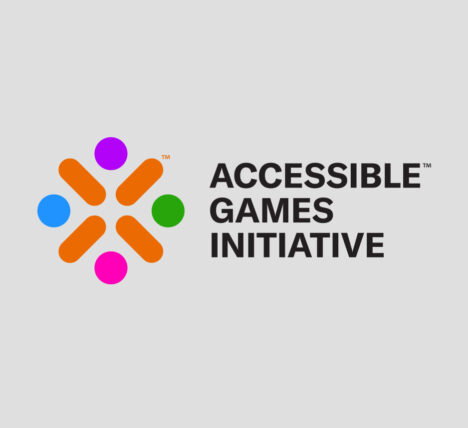The video game industry is a $46 billion a year business in the U.S. alone, so it’s no wonder that esports has experienced an explosion in recent years, both in popularity and revenue (estimated at $900 million in 2018). From the recent excitement around a teenage Fortnite champion taking home $3 million at a tournament to even members of Congress getting in on the fun, esports are booming—and presenting an opportunity for a level playing field in collegiate and professional sports.
There are a host of traditional sports known to be scholarship beacons, promising lucrative post-collegiate careers and giving students the chance to reduce their college costs while playing a sport they love. Football, basketball, and soccer come to mind. These scholarships tend to be reserved for the physically able and athletically gifted. They’re also typically distributed differently for men’s and women’s programs.
By contrast, excelling in esports—and winning esports scholarships—has nothing to do with physical abilities or gender. This adds an exciting dimension to a burgeoning sport. In addition, while a career-ending tendon rupture could completely derail the path of a college freshman on a football scholarship, prospective athletes can rest easy knowing their careers are unlikely to end in injury. Children and adults playing traditional sports run the risk of concussion or other debilitating accidents. For esports players, these types of risks are reduced or nonexistent, and the opportunity to compete at the elite level is there for most everyone, opening up possibilities for college scholarships and professional careers.
While the National Association of Collegiate Esports estimates that over $16 million in esports college scholarships have been awarded since 2016, women have made up a smaller portion of recipients; but that may be on the verge of changing. The growth of women as an audience for esports has risen to more than 30% of viewers in 2018, and ESA’s own Essential Facts research for 2019 showed that women make up nearly half of all gamers. But are they playing esports?
As esports gain momentum, professional leagues are taking steps towards recruiting more women, as are collegiate teams. Some organizations are addressing the issue via summer camps and other programs, like the popular Girls Who Game camp held for a week each summer. NBA2K has also announced a training camp aimed at female players. Earlier this month, Gen G. announced a partnership with Bumble to promote their all-female Fortnite players and encourage an uptick in competitive women in esports.
Another way of increasing the numbers of female recruits is by establishing varsity programs at the high school level—a step J Collins took recently at all-girls school Hathaway Brown. As the nation’s first all-girls varsity esports team, the women playing for Hathaway Brown have completed an important step towards boosting female scholarship recipients and ultimately represent the possible future of professional gamers. An added bonus? They’re having a lot of fun.




